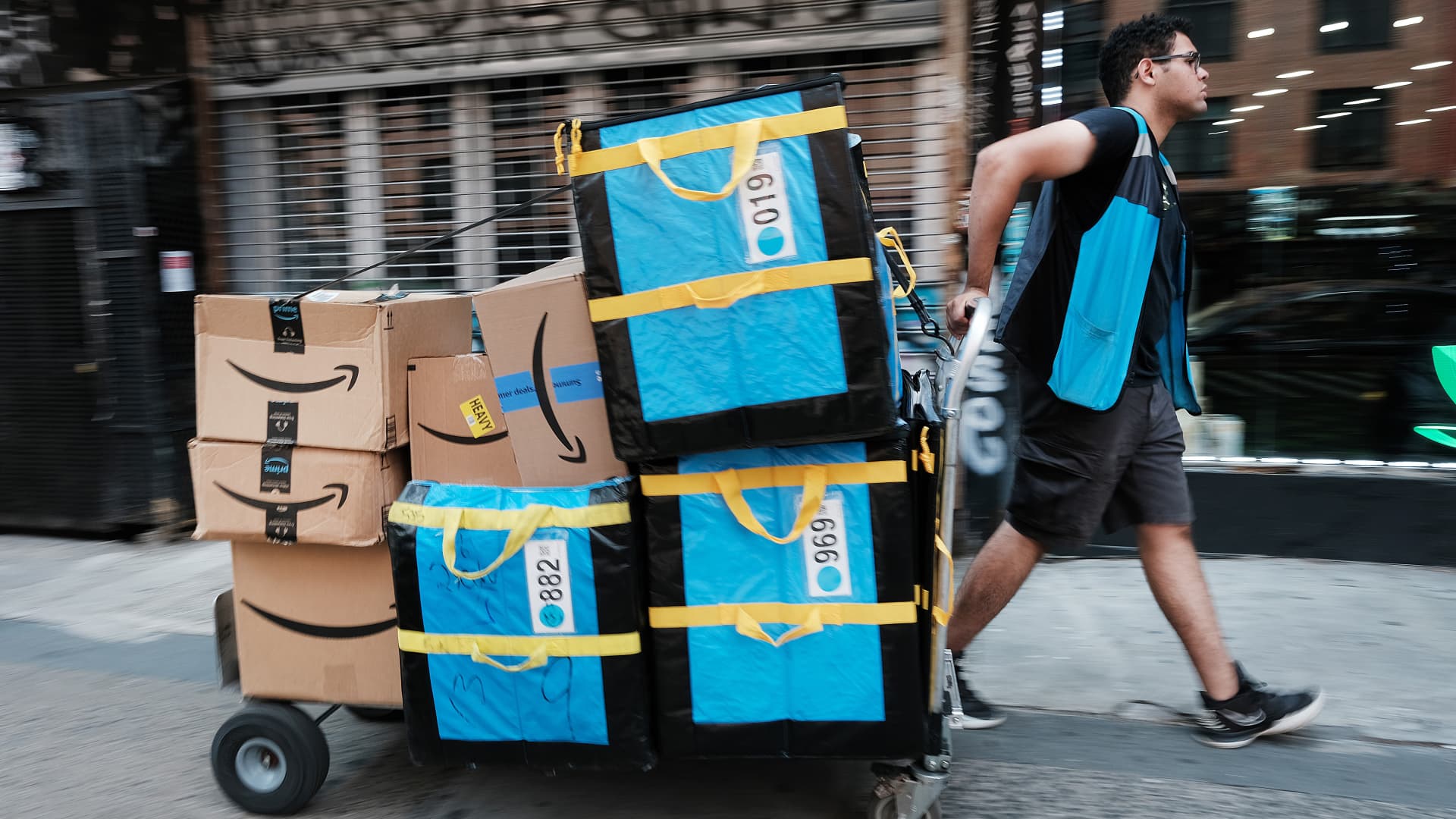The article discusses the recent lawsuit filed by the Federal Trade Commission (FTC) against Amazon. The FTC alleges that Amazon enrolled consumers into Amazon Prime without their consent and made it difficult for them to cancel their subscriptions. The FTC claims that Amazon used manipulative user-interface designs known as "dark patterns" to trick consumers into signing up for Prime and made the cancellation process complex and confusing. The article argues that while there may be validity to the FTC's complaints, the overall value proposition of Prime seems positive for consumers. It also highlights the trade-offs involved in the removal of friction in e-commerce and questions the FTC's approach to regulating big tech companies.
The main topic is the Federal Trade Commission's (FTC) lawsuit against Amazon for allegedly enrolling consumers into Amazon Prime without their consent and making it difficult to cancel subscriptions. The key points are:
1. The FTC alleges that Amazon used "dark patterns" to trick consumers into enrolling in Prime without their knowledge.
2. The complaint also claims that Amazon made the cancellation process for Prime difficult and confusing.
3. The FTC argues that Amazon's practices have cost consumers significant money and violated consumer protection laws.
4. Some argue that Amazon's dark patterns and complex cancellation process are reasonable and that consumers should be educated about the value of Prime.
5. The lawsuit raises broader questions about the trade-offs between convenience and privacy on the internet and the application of antitrust laws to the digital age.
The Federal Trade Commission may call for an antitrust lawsuit against Amazon, which could be a positive development for investors.
The Federal Trade Commission (FTC) is expected to file a lawsuit against Amazon this month, targeting key elements of its retail marketplace business, which could potentially result in the breakup of the trillion-dollar company.
The US FTC has accused three senior Amazon employees of using deceptive tactics to sign people up for Prime and making it difficult for them to cancel, according to an ongoing court case.
The Federal Trade Commission is expected to file an antitrust case against Amazon's online retail operations, potentially leading to a court-ordered restructuring of the company and defining the legacy of FTC Chair Lina Khan.
Senator Amy Klobuchar urges Amazon to adjust its business model and work with Congress to establish antitrust laws and guardrails, rather than opposing everything and engaging in hostile tactics, in response to the Federal Trade Commission's antitrust case against the e-commerce giant.
The judge assigned to the US Federal Trade Commission’s antitrust lawsuit against Amazon.com has recused himself from the case, and it has been re-assigned to another judge based on rotation.
The Federal Trade Commission has sued Amazon for allegedly maintaining a monopoly and using a secret algorithm, called Project Nessie, to raise prices and deter competitors from offering lower prices.
Amazon's alleged anticompetitive practices, including punishing third-party sellers for offering lower prices elsewhere and artificially inflating prices, are at the center of an antitrust lawsuit filed by the FTC, which aims to hold the company accountable and seek appropriate remedies.
Amazon is facing a federal lawsuit that accuses the company of squeezing independent sellers, ultimately causing their businesses to fail.
Multiple government legal actions, including antitrust suits by the Department of Justice and the Federal Trade Commission, are targeting Silicon Valley giants like Google, Facebook, and Amazon over allegations of monopolistic practices and exploitation of independent sellers, with Amazon potentially facing real penalties for its control over the marketplace.
Amazon is working to regain sustained growth and profitability after a period of decline, but it is also facing a major legal battle with the U.S. government and potential antitrust scrutiny overseas. Additionally, the company is focusing on generative artificial intelligence and preparing for a busy holiday shopping season.
